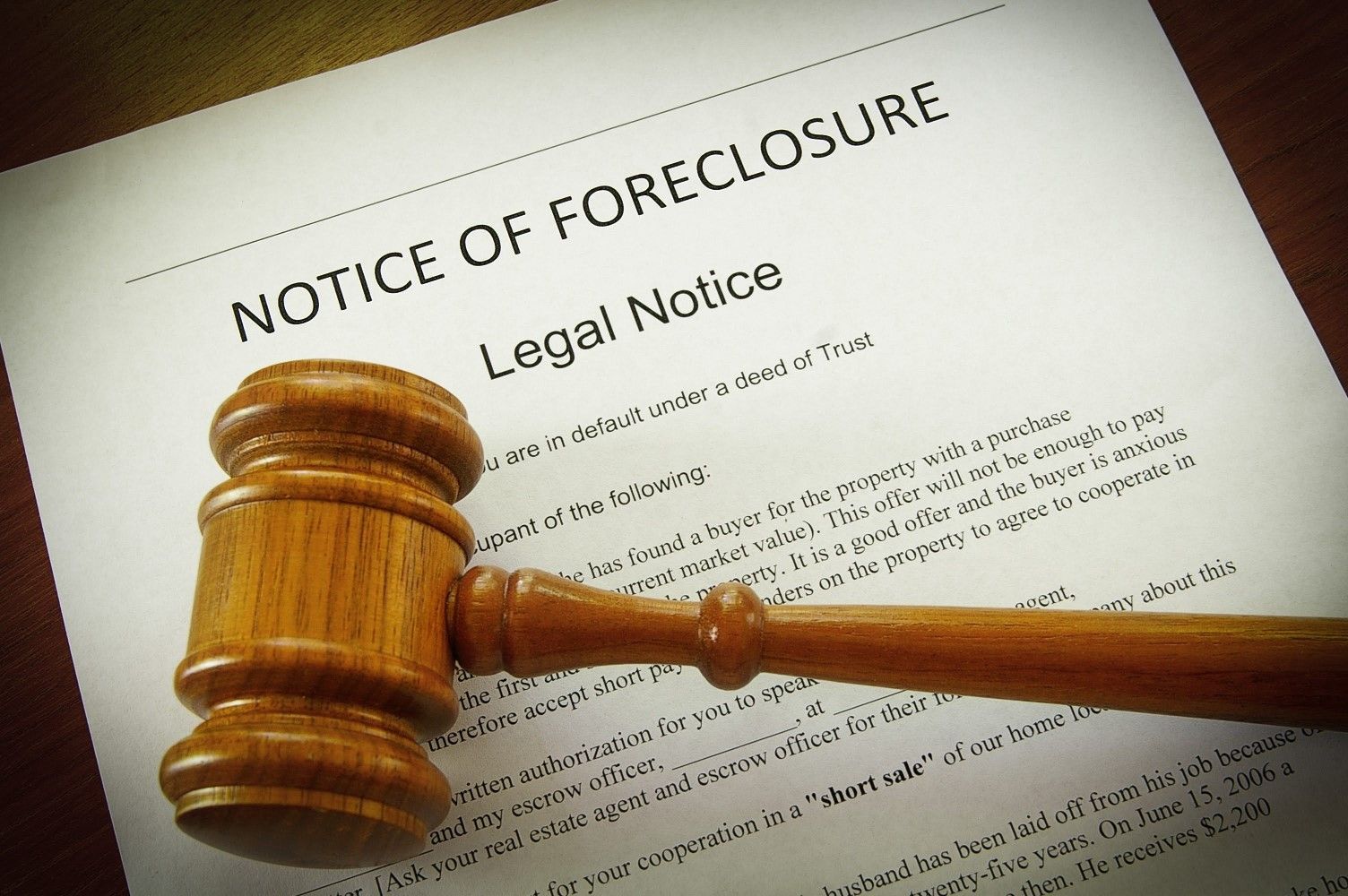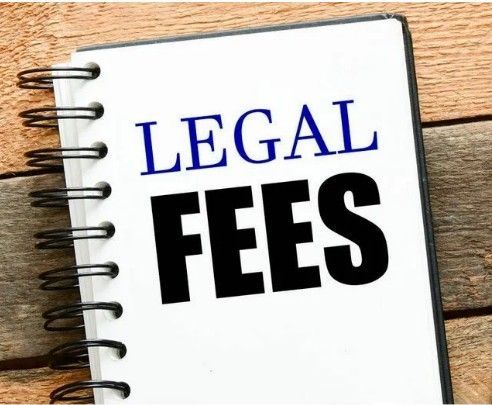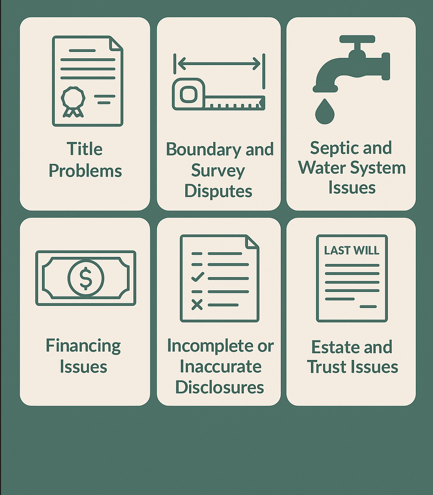January 15, 2026
One of the common questions Vermont homebuyers and sellers ask during a real estate transaction is whether a property must be surveyed before it can be sold. The short answer is no. Vermont law does not require a property survey before a sale. That said, the lack of a survey can create legal and financial risks that buyers and sellers should understand before closing. This article explains when a survey is required, when it is strongly recommended, and how surveys affect Vermont real estate transactions. No General Survey Requirement Under Vermont Law Unlike some states, Vermont does not have a statute that requires a property survey as a condition of sale. Many Vermont properties change hands without a new survey, particularly older homes, rural properties, and transactions where the parties are familiar with the land. However, the absence of a legal requirement does not mean a survey is unnecessary or unimportant. In many transactions, a survey plays a critical role in confirming what is actually being conveyed. When a Survey Is Commonly Required Even though Vermont law does not mandate a survey, one may still be required by other parties involved in the transaction. Lenders sometimes require a survey, particularly when boundary issues, acreage, or improvements near property lines could affect the collateral. Title insurance companies may also require a survey, or may exclude coverage for boundary or encroachment issues if no survey is provided. Municipal approvals, subdivisions, or recent boundary adjustments almost always require a survey, and the survey may need to be recorded in the land records before closing. Situations Where a Survey Is Strongly Recommended There are many situations in which a Vermont real estate attorney will strongly recommend a survey even if no one formally requires it. If the property has never been surveyed, or if the most recent survey is very old, a new survey can help avoid disputes. This is especially true in Vermont, where property descriptions may rely on stone walls, trees, or historic landmarks that no longer exist. Surveys are also important when fences, driveways, buildings, or septic systems appear close to boundary lines. Encroachments are common in Vermont and are often discovered only after closing if no survey is obtained. Waterfront property, large acreage, undeveloped land, and properties with shared driveways or rights of way are also strong candidates for a survey. In these cases, understanding the exact boundaries and access rights can be essential to the buyer’s intended use of the property. How Surveys Affect Title and Legal Risk A survey helps confirm that the legal description in the deed matches the land on the ground. Without a survey, buyers often rely on assumptions that may not be accurate. Boundary disputes, missing access, encroachments, and acreage discrepancies can all lead to costly legal issues after closing. A properly prepared survey allows these issues to be addressed before the transaction is finalized, when solutions are usually simpler and less expensive. From a legal standpoint, surveys also interact with title insurance. If no survey is provided, the title insurance policy may exclude coverage for matters that would have been disclosed by a survey. That means the buyer may be assuming risk without realizing it. Can a Buyer Waive a Survey in Vermont? Yes. Buyers frequently waive surveys, particularly in competitive markets. However, doing so should be a conscious decision made with an understanding of the potential consequences. A Vermont real estate attorney can help a buyer evaluate whether waiving a survey is reasonable based on the property type, history, and intended use. What may be acceptable for a small residential lot in a subdivision may be risky for rural land or property with complex boundaries. The Role of a Vermont Real Estate Attorney Determining whether a survey is needed is not a one size fits all decision. A Vermont real estate attorney reviews the deed, title history, municipal records, and transaction details to identify risks that a survey could address. In some cases, an attorney may recommend obtaining an existing recorded survey rather than commissioning a new one. In others, a new survey may be the best way to protect the client’s interests before closing. Conclusion Vermont properties do not have to be surveyed before sale, but that does not mean a survey is unnecessary. Surveys play an important role in identifying boundary issues, protecting buyers, and reducing legal risk. If you are buying or selling property in Vermont and have questions about surveys, title issues, or closing requirements, working with an experienced Vermont real estate attorney can help ensure the transaction proceeds smoothly and with fewer surprises. Peet Law Group regularly advises clients throughout Vermont on real estate closings, title issues, and property ownership concerns from its offices in Williston and Hartford. For more information on surveys, see Unlocking the Mysteries of Property Boundaries: The Essential Role of Surveys in Real Estate. We are also available to answer questions by phone or email .











